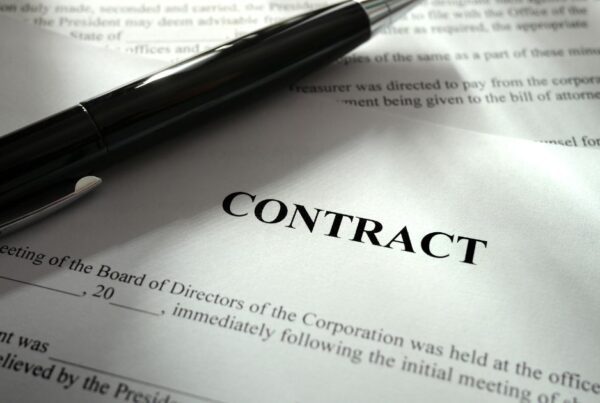When you enter into a business partnership, trust is everything. You expect honesty in financial disclosures, project details, and day-to-day dealings. But what happens when you find out that your U.S. business partner misrepresented critical facts or outright lied to you?
In Florida (and throughout the U.S.), the law provides ways to hold a dishonest partner accountable. The key is knowing how fraud and misrepresentation are proven in court, and what steps you can take to protect your interests.
What Counts as Fraud or Misrepresentation in Business?
Fraud in a business setting generally involves a material misrepresentation of fact that one party relies on, leading to financial harm. In simpler terms: your partner lied about something important, you relied on it, and it cost you money.
Common examples in U.S. business disputes include:
- A partner exaggerating or hiding company profits or losses
- Misstating ownership interests or equity stakes
- Lying about the value of business assets
- Concealing debts, lawsuits, or liens affecting the company
- Making false promises with no intent to follow through
Not every broken promise is fraud, but when deception is intentional and causes damages, the courts can step in.
How Do You Prove Fraud Against a Business Partner?
In Florida, to succeed in a fraud claim, you generally must show:
- A false statement of material fact – not just an opinion, but a concrete misrepresentation.
- Knowledge of the falsity – the partner knew what they were saying wasn’t true.
- Intent to induce reliance – the lie was made to get you to act (e.g., invest, sign, or continue working together).
- Justifiable reliance – you reasonably relied on the false statement.
- Damages – you suffered actual financial harm as a result.
This can sound technical, but in practice, it often comes down to documentation: emails, contracts, financial statements, and testimony.
What Legal Remedies Are Available If You’ve Been Defrauded?
If you succeed in a lawsuit for fraud or misrepresentation, the court may provide different remedies, depending on the circumstances:
- Rescission of the agreement – undoing the deal so you’re no longer bound by a fraudulent contract.
- Compensatory damages – requiring your partner to pay you back for losses caused by the fraud.
- Punitive damages – in extreme cases, additional damages meant to punish intentional, harmful conduct.
- Injunctions – court orders preventing further misuse of company assets or authority.
Can You Sue a U.S. Business Partner From Abroad?
Yes. Many of our clients are international business owners who enter partnerships or joint ventures with U.S. partners. Even if you live abroad, if the fraud took place in the U.S. or involved a U.S. company, you can generally bring a claim here.
That said, international disputes add extra complexity: jurisdiction issues, cross-border discovery, and enforcement of judgments. Having a law firm experienced in both business litigation and international matters is key.
How Long Do You Have to File a Fraud Claim in Florida?
In Florida, the statute of limitations for fraud is generally four years from when the fraud was (or should have been) discovered. That means if you only recently realized your partner misled you, the clock may start ticking from the date of discovery, not the date of the original lie.
Still, waiting too long can jeopardize your case. Acting quickly ensures that evidence and witness testimony are preserved.
When Should You Contact a Lawyer About Business Fraud?
If you suspect your partner lied, the worst thing you can do is ignore it. Fraud tends to snowball, fake financials become bigger losses, concealed debts grow, and your ability to recover damages may shrink over time.
You should speak to a lawyer immediately if you notice:
- Sudden discrepancies in financial reports
- A partner refusing to provide access to books and records
- Unexplained withdrawals, expenses, or losses
- Inconsistent statements about ownership or profits
An attorney can investigate quietly, preserve evidence, and file suit if necessary to protect your business and your personal assets.
Bottom Line: Fraudulent Partners Can Be Held Accountable
Business relationships are built on trust, but when that trust is broken, the law gives you tools to fight back. Whether you are in Florida, elsewhere in the U.S., or abroad with an American business partner, you have legal options to recover damages and protect your investment.
If your U.S. business partner misrepresented facts or engaged in fraud, contact one of our experienced business litigation attorneys in Miami at 305-570-2208.
You can also reach out directly to our founding attorney, Eduardo A. Maura, Esq., at eduardo@ayalalawpa.com.
Schedule a confidential case evaluation online here.
[The opinions in this blog are not intended to be legal advice. You should consult with an attorney about the particulars of your case.]
Subscribe to Our Blog
Stay informed with our latest blog posts delivered directly to your inbox. Gain valuable legal insights, tips, and advice from our seasoned attorneys.








